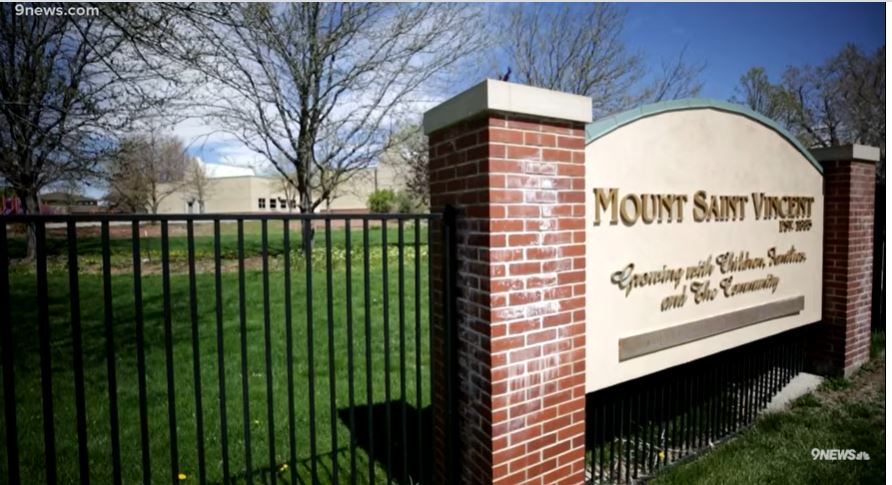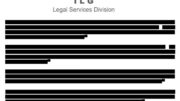By Jeffrey A. Roberts
CFOIC Executive Director
While reporting their recent joint investigative series on state-licensed residential treatment centers, journalists for The Colorado Sun and 9NEWS asked for — but were denied — records showing the number of calls made to the state’s child abuse hotline from three facilities.
The data would have added important context to the Sun and 9NEWS stories, which focused on failings of the system that is supposed to protect and treat vulnerable foster children and youths with severe mental health issues.

But in response to Colorado Open Records Act (CORA) requests made by Sun reporter Jennifer Brown and 9NEWS reporter Jeremy Jojola, the Colorado Department of Human Services (DHS) claimed that disclosure of the aggregate hotline numbers would violate a state statute prohibiting the release of reports of child abuse or neglect and the name and address of any child, family member or informant contained in such reports.
Now the news organizations’ requests are the subject of a Denver District Court lawsuit filed on their behalf by media attorney Steve Zansberg against DHS records custodian Amanda Brubaker. The suit seeks the disclosure of “some or all” of the hotline records.
Disclosing “the number of phone calls received from those facilities by the child abuse hotline cannot, in any way, lead to the identification of any child who was subject to alleged abuse or neglect, nor to the identification of any ‘informant’ who placed such a call,” the Sun/9NEWS complaint says.
Brown and Jojola sought hotline call numbers over the past three years from the Mount Saint Vincent, Cleo Wallace and Tennyson Center residential facilities. Brown also sought runaway reports.
Zansberg, who is president of the Colorado Freedom of Information Coalition, noted in the lawsuit that a 2019 report by the Office of Colorado’s Child Protection Ombudsman disclosed the number of reports of suspected abuse or neglect at El Pueblo Boys & Girls Ranch, a center for children with severe behavioral and psychiatric problems that closed in 2017. The ombudsman also disclosed the number of complaints about Tennyson Center in 2020.
“Even though the physical street address of both the El Pueblo and Tennyson (facilities) was well-known and publicly available, no one has ever suggested that the … disclosure of the number of calls placed to the child abuse hotline, or the number of those calls that were ‘screened in’ (investigated) or ‘screened out’ (not investigated) were in violation of the provision in Colorado Children’s Code,” the lawsuit says.
Still, DHS maintains that providing the number of hotline calls from each facility would violate state law.
“Plaintiffs contend that disclosing the number of hotline calls received from a facility cannot lead to the identification of the child subjected to abuse or neglect or the informant who placed the call,” wrote Assistant Attorney General Bianca Miyata in a motion to dismiss the complaint filed on DHS’ behalf.
“However, (the statute) does not protect a child or informant’s address only if it is likely to lead to reidentification. Its plain language protects the address of any child reported to be the subject of abuse or neglect … The fact that numerous children reside in a (facility) without parents does not make the statutory protection of their confidentiality any less applicable.”
Miyata’s motion also addresses the fact that the Office of Colorado’s Child Protection Ombudsman disclosed numbers of child abuse and neglect reports related to two facilities. It notes that DHS is statutorily required to provide the ombudsman with access to the reports. But because the ombudsman is “unrelated to the Department, its decision to release the documents … is not relevant” to the news organizations’ lawsuit, the motion says.
Follow the Colorado Freedom of Information Coalition on Twitter @CoFOIC. Like CFOIC’s Facebook page. Do you appreciate the information and resources provided by CFOIC? Please consider making a tax-deductible donation.




